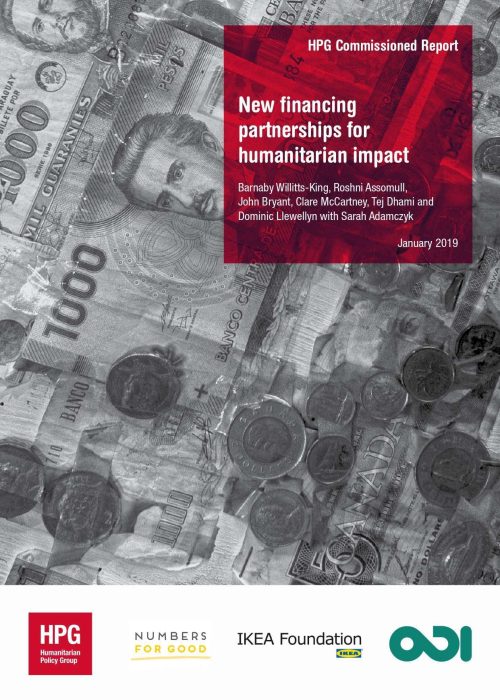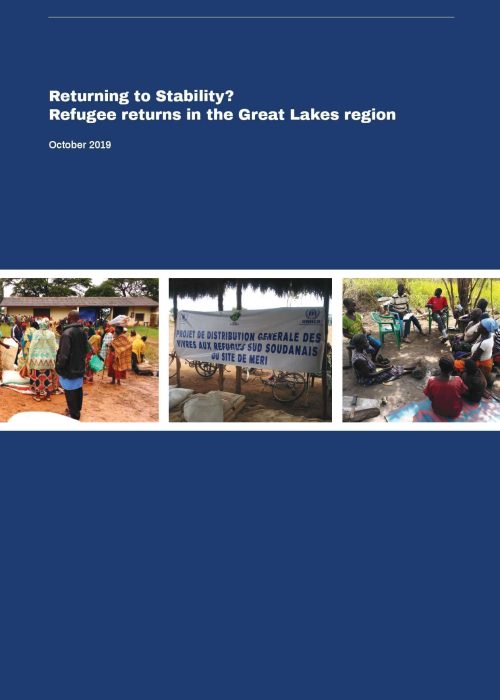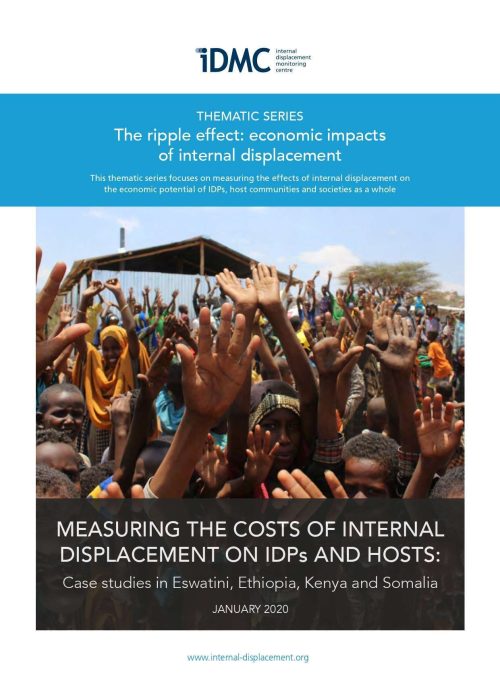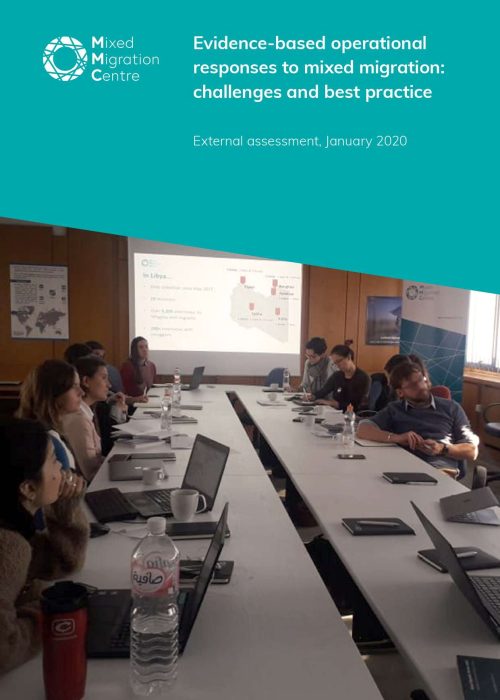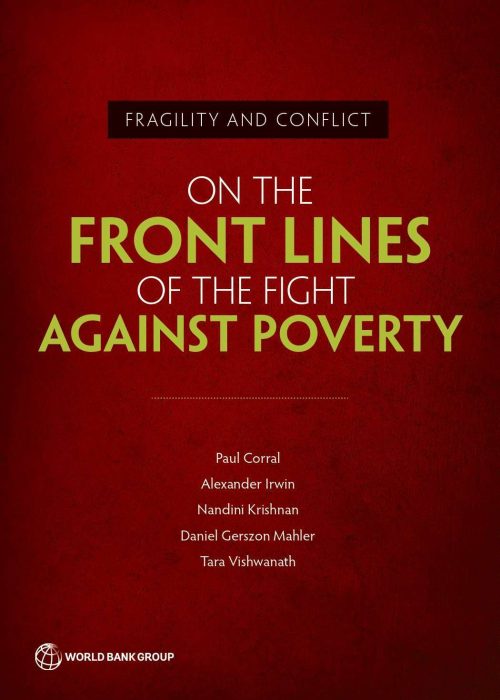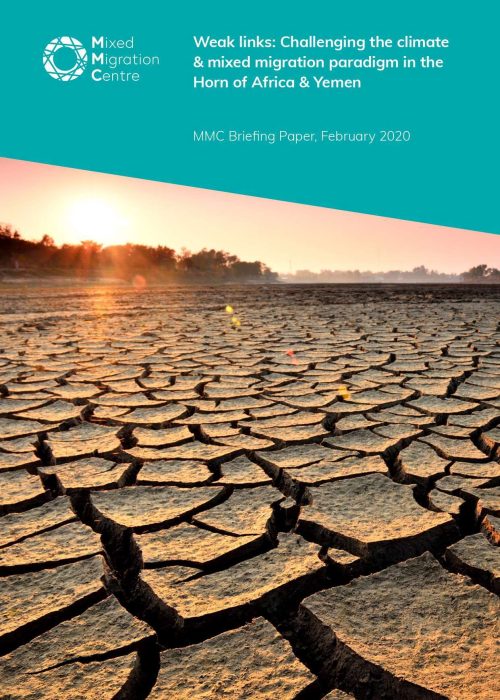This research project examines systems of shelter provision in three East African cities: Nairobi in Kenya, Hawassa in Ethiopia, and Mogadishu in Somalia. It was designed to identify policy-relevant, locally driven solutions to improve shelter at scale for vulnerable groups, including low-income women and men, displaced people and people with disabilities. The methodology underpinning the study recognises that gender, poverty, displacement and ethnicity can act as major axes of discrimination that impede access to land, shelter and services in East African cities. By exploring each city’s history, political settlement and housing variations, this project provides a set of in-depth city studies that offer new insights to inform more inclusive, affordable shelter interventions in East Africa.
Shelter provision in East African Cities: understanding politics for inclusive cities
This research project examines systems of shelter provision in three East African cities: Nairobi in Kenya, Hawassa in Ethiopia, and Mogadishu in Somalia. It was designed to identify policy-relevant, locally driven solutions to improve shelter at scale for vulnerable groups, including low-income women and men, displaced people and people with disabilities.
Share
| Author(s) | Alice Sverdlik, Baraka Mwau, Charlotte Bonnet, Christine Kamau, Emma Grant, Erik Bryld, Faraz Hassan, Gemechu Desta, Jack Makau, Kussia Bekele, Meheret Ayenew, Mohamed A. Mohamoud, Sophie Stevens, Yeraswork Admassie |
|---|---|
| Funded By | UK aid, UK Department for International Development's East Africa Research Fund (EARF), UKAID |
| Geographic Coverage | |
| Pages | |
| Publishing Organizations | |
| Theme | |
| Type of Study | |
| Year Published |

